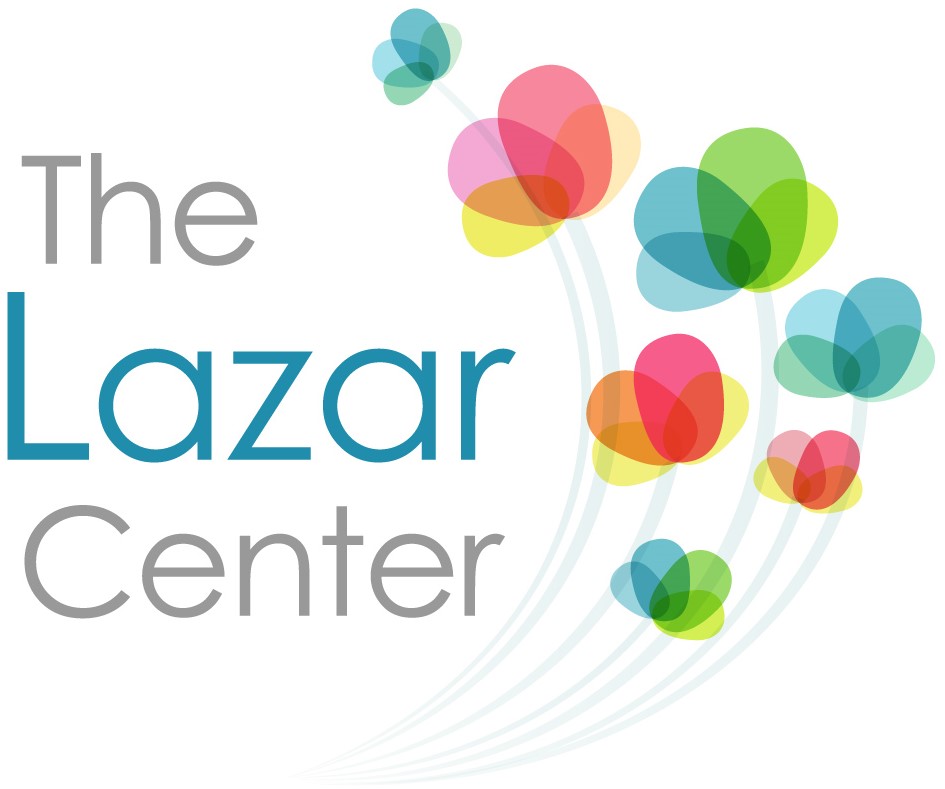What is PCIT?
Parent-Child Interaction Therapy (PCIT) is an evidence-based, short-term (14 - 20 sessions), specialized behavior management program designed for young children experiencing behavioral and/or emotional difficulties and their families.
PCIT teaches parents to manage their child’s difficult behaviors while increasing their positive behaviors. PCIT works with the child and parents together to improve behavior and reduce parenting stress.
How Does PCIT Work?
PCIT is an exceptionally effective treatment backed by over 30 years of research. Live coaching is a hallmark of PCIT. The therapist observes the parents and child together and then provides coaching on the PCIT skills. Parents and therapists work together to manage challenging child behaviors.
Is PCIT Good for My Family?
PCIT is a great fit for families with children ages 3 to 7 who display any of the following:
Parent-child relational problems
Refusal and defiance of adult requests
Easy loss of temper
Purposeful annoyance of others
Destruction of property
Difficulty staying seated
Difficulty playing quietly
Difficulty taking turns
PCIT is ideal for parents committed to addressing their child’s challenging behaviors. Success requires consistent participation in weekly sessions and regular practice of skills at home, as PCIT focuses on strengthening the parent-child relationship through hands-on coaching. Significant improvements are typically seen within 14 - 20 sessions. However, progress is skill-based, and the pace may vary.
Key Phases of PCIT
Child-Directed Interaction (CDI):
Parents learn healthy communication skills called PRIDE skills. These skills strengthen the parent-child relationship and promote positive child behaviors.
Parent-Directed Interaction (PDI):
Parents learn effective commands and discipline procedures and gain confidence in setting consistent, effective boundaries through live coaching and daily practice.
PRIDE Skills
PRIDE skills are used in PCIT to build strong, positive relationships and improve behavior.
Praise: Reinforce good behavior clearly
Reflect: Echo your child’s words back
Imitate: Copy positive actions in play
Describe: Narrate what your child is doing
Enthusiasm: Show excitement and positivity
Proven Benefits of PCIT
PCIT offers a wide range of benefits that help improve both child behavior and the parent-child relationship.
Enhances parent-child communication
Encourages cooperation and reduces disruptive behaviors in children
Promotes a sense of security and healthy attachment
Boosts parental confidence and effectiveness
Reduces parental stress
Reduces negative attention-seeking behaviors, such as whining
Increases child’s ability to manage frustration
Boosts child’s self-esteem and emotional well-being
Strengthens pro-social skills like sharing and turn-taking
Enhances problem-solving abilities
Improves attention and concentration


